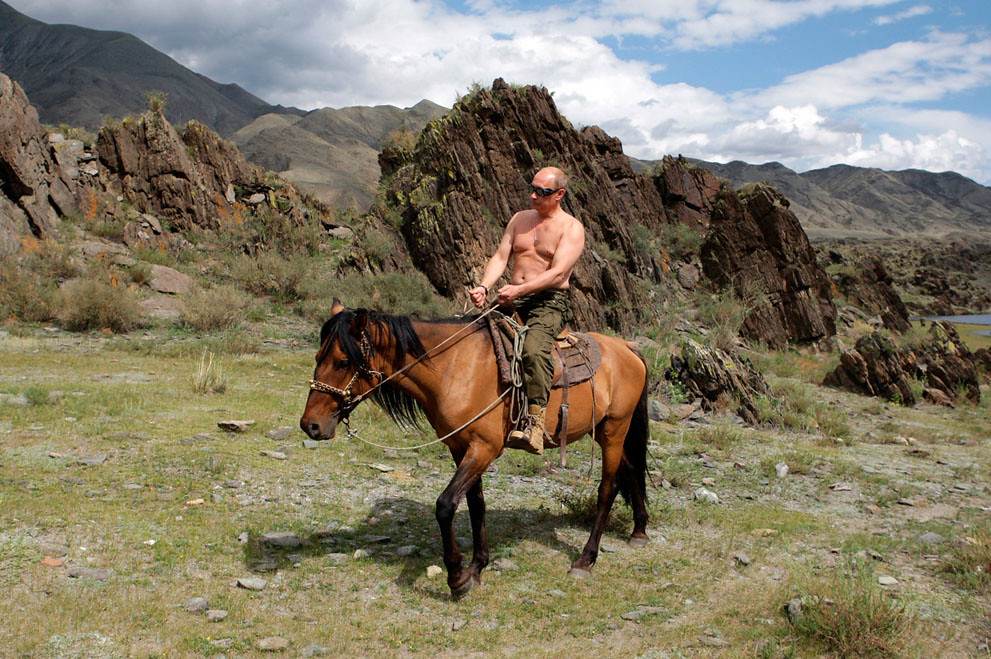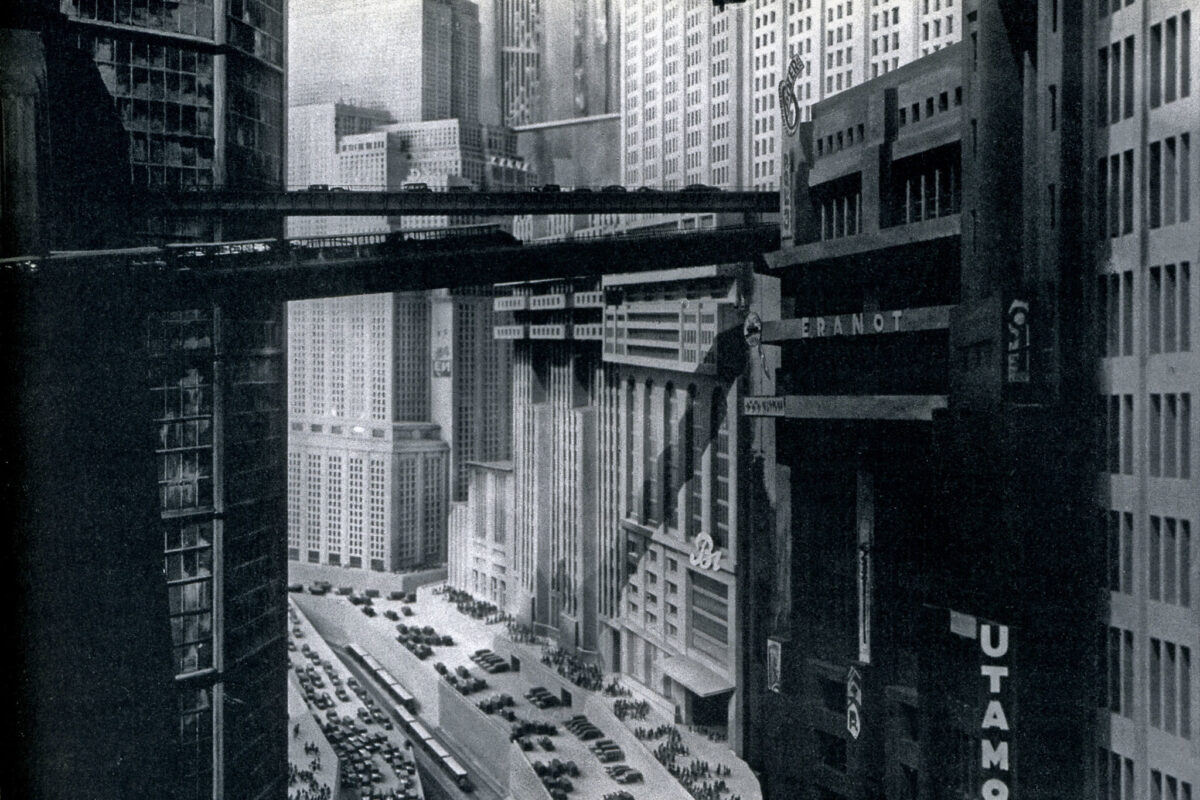A Year to Forget
Brave New World
The year now drawing to a close, began rather inauspiciously when, on 6 January, an unruly mob assaulted and ransacked the Capitol in Washington, shaking the world’s (arguably) most revered democracy to its very foundations and laying bare the fault lines of a political environment turned toxic. President Donald Trump did, in the end, vacate the White House but it took the understated intervention of a few good star-studded generals to remind their commander-in-chief that the constitutional order is, indeed, sacrosanct.
It did not really get any better after that flirtation with the unthinkable. Globally, stability went out the window as people everywhere started wondering if they would ever get their old lives back. After successive waves of covid swept the planet, governments responded on-the-fly with makeshift regimes, causing immense confusion and upending the certainties that delineated life in the olden days – now a source of nostalgia.
Fear of Foreigners
If anything, covid accelerated changes already in the making, bringing virtual reality a few steps closer. Remote working, video conferencing, and online shopping went from being novelties to becoming the new normal. People turned into islands, shunning physical contact and foregoing get-togethers. Many turned to the internet where wild conspiracy theories swirl around, utterly confusing those looking for answers and undermining trust in public institutions.
Travel, still suffering the aftershocks of 9/11, became an epic undertaking with ever-changing rules, restrictions, and much paperwork – most of it fairly useless window dressing and no match for a virus roaming at large.
Entire swaths of the world suddenly became off-limits as a fear of foreigners, the classic response to any major upset, became ubiquitous. South Africans were especially targeted after the country duly reported the discovery of a new virus strain. Within hours of the announcement, its citizens were stopped from travelling pretty much anywhere, a restriction that largely remained in place even after it was discovered that the new strain had long been present elsewhere but had simply been overlooked.
That is how restrictions work in real life: they are quite easy to impose but take a much longer time to lift. Hence the question: will life ever return to its pre-covid normal? It is wise not to hold one’s breath.
The world is not only awash in a nasty virus, but also in somewhat less than fully competent leaders. Though the trying times call for inspired leadership to usher populations through the multiple crises, and point to the light, the world must make-do with authoritarians, warmongers, and tinpot dictators.
Meanwhile, the US is led by a president whose only qualification for the job would seem to be that he is not like his predecessor. However, nobody seems to know what President Biden does stand for. Mr Biden may yet turn out to become – through inaction and wavering – a caretaker president, keeping the seat warm for a return of Mr Trump or someone with an equally short attention span.
Global Inaction
The pandemic has also shown the limitations of concerted global action. With the World Health Organisation apparently enthralled to China – a country that does not believe in openness and massages its data to fit its self-image – the United Nations too went missing in action. As did the European Union and most other multilateral organisations. The fight against climate change clearly shows that a global unity of purpose remains a mirage. Even when agreements are reached, they are breached almost before the ink has dried.
Likewise, a global effort to defeat and eradicate the virus never really got off the ground as governments, quite understandably, put their own nations first. It may be sensible to work together in a grand coalition to achieve a well-defined goal, political reality dictates otherwise and imposes selfishness.
Whilst most of the world grapples with an evasive and mutating virus, and looks for ways to limit climate change, a few powerful men are busy moving their pawns on the geopolitical chessboard. After successfully killing off democracy in Hong Kong, China’s Xi Jinping turned his sights on Taiwan, making belligerent noises and building up his military to incorporate the island nation into his domain – if necessary, by force. And why not? After all, it took the world only a few decades to forget about the annexation of Tibet.
Macho Man
Next door, in Russia, President Vladimir Putin – all macho, all the time – is ready to move into Ukraine and reclaim that part of the former Soviet Union, correcting what he considers an historical mistake. Taking a cue from the Sudeten Crisis of 1938, Mr Putin declares his intention to ‘protect’ ethnic Russians from the supposedly evil regime in Kyiv – quite like Nazi Germany’s infamous ‘Heim ins Reich’ (Home in the Reich) policy.
Mr Putin’s exhaustive list of demands, presented to NATO and an ultimatum in all but name, is not all that different from the demands presented by Adolf Hitler to the European powers (Great Britain, France, and Italy) at the Munich Conference of 1938 and which allowed him to test their collective resolve to stand up to an enlarged and expansive Germany. The powers caved in return for a promise of peace and allowed Mr Hitler to occupy those parts of Bohemia and Moravia where German-speakers constituted a majority. The rest is, well, history.
Looking at the world’s hotspots, the Cold War suddenly appears a wonderful era of peace and stability whereas today’s multipolar world seems to induce a permanent state of tension between powers intent on brinkmanship and a single superpower rather too preoccupied with domestic issues to care all that much.
Which leaves just one major fount of reason: The European Union. Without any discernible geopolitical ambitions of its own, and – perhaps more importantly – with only a few blustering heads of state to contend with, the EU seems an (unlikely) oasis of calm in these ‘interesting’ times. Largely minding its own business and trying to keep bears and dragons at bay without going overboard on nationalism or protectionism, the union is, however, besieged from all side by events it has little to no control over.
Calls for European rearmament in the face of multiple threats have been partially met with only a few countries significantly increasing their military spending. Amongst them, rather surprisingly, The Netherlands which is set to boost its outlay on defence over the next few years by about 50% to €12.5 billion.

Cash to Burn
The good news for most of Europe is that there is, for now, plenty of money to burn. Battered by successive covid waves, the global economy proved remarkably resilient, perhaps due to the estimated $11 trillion spent by governments to try and lessen the pandemic’s impact and fallout. In the latter half of the year, inflation returned with a vengeance as the vast amounts of cash injected into sagging economies caught up with reality. The pandemic did its bit as households spent their unexpected windfall – a combination of repressed spending in 2020 and an ultimately misplaced trust in an imminent return to normal.
That trust is likely to prove not just premature but probably wholly unfounded. The Corona Pandemic has changed the world for good and introduced a new normal which will require time to unfold – and get used to. The best we can collectively hope for is a defusing of the tensions around Ukraine and Taiwan. A major armed conflict involving any of the great powers would introduce a wildcard which, when played, is likely to sweep away the last of the few remaining certainties such as a global balance of power that delivered lasting peace for well over seventy years.
Cover photo: A scene from the 1927 film Metropolis, a dystopian masterpiece by German director Fritz Lang.
© 2011 Photo President Vladimir Putin by Jedimentat44


